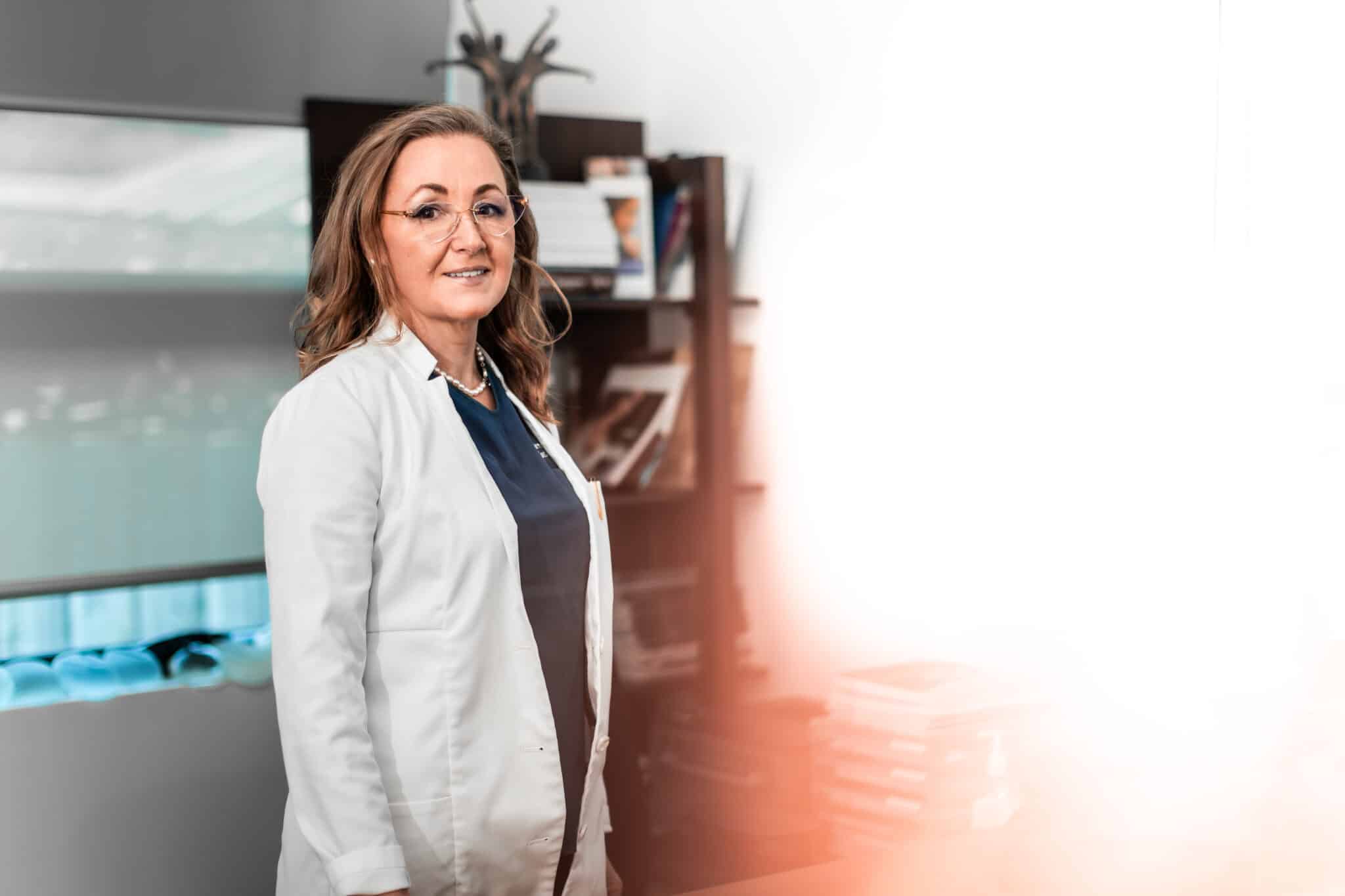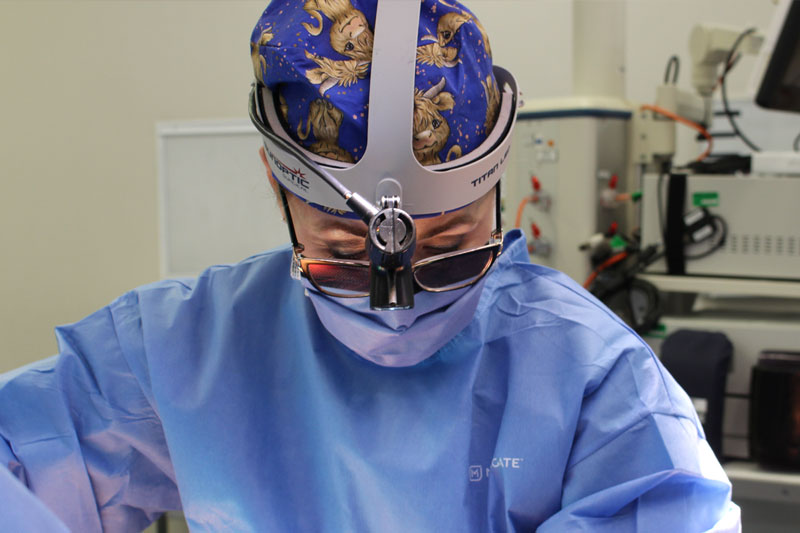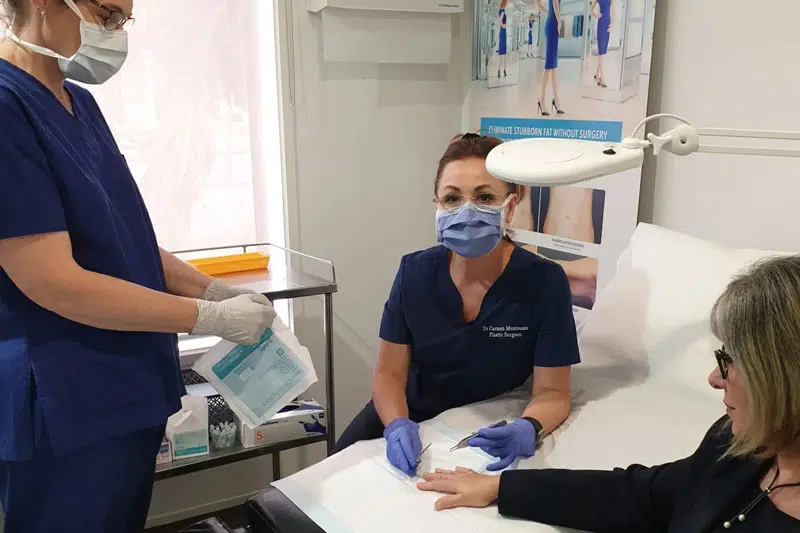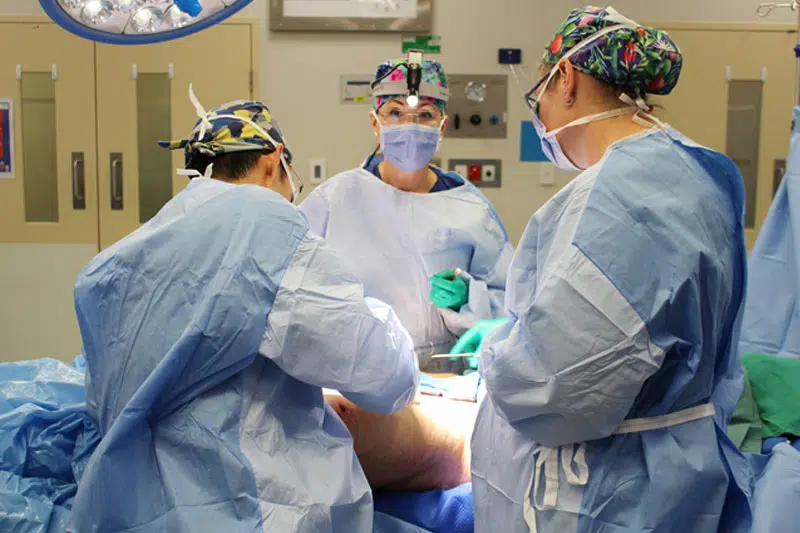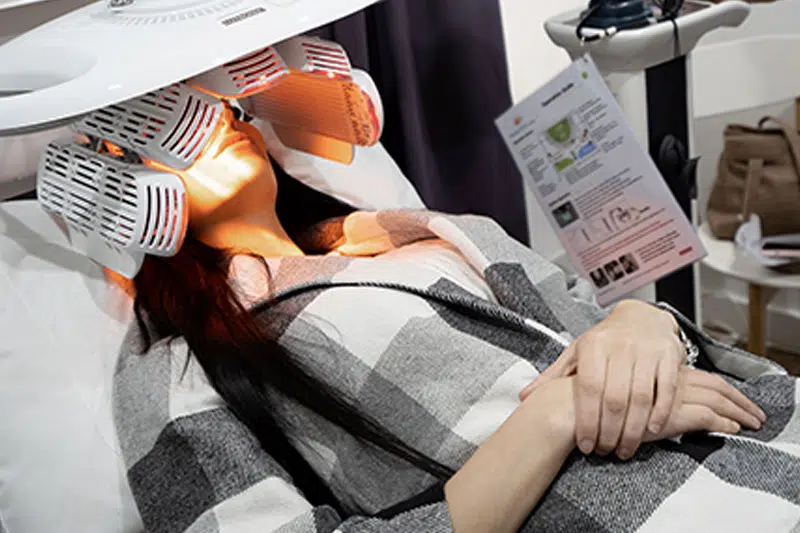Key Takeaways
- Breast implants typically last between 10 to 20 years, but they are not lifetime devices and require regular monitoring.
- There are two main types of breast implants: silicone and saline. Both have similar life expectancies, but silicone implants generally have a lower rupture rate.
- Proper care, such as following post-operative instructions, wearing supportive bras, maintaining stable weight, and attending regular medical check-ups, can prolong the life of breast implants.
- Signs that breast implants may need replacement include changes in breast appearance, asymmetry, swelling, pain, or hardening, which may indicate issues like rupture or capsular contracture.
- Lifestyle choices, including high-impact activities and significant weight changes, can affect the longevity of breast implants.
What Is the Lifespan of Breast Implants
Breast implants, the medical devices used in breast augmentation, have become more and more popular, used in procedures that can alter the size and shape of your breasts. When you’re thinking about getting breast implants, it’s important to consider how long they’ll last. This isn’t just a short-term change; it’s a decision that will be part of your life for many years to come.
In this blog, Melbourne Plastic Surgeon Dr Carmen Munteanu will give you a clear picture of what you can expect from your breast implants over time. She will cover the typical lifespan of implants, factors that can affect their durability, and when you might need to think about replacing them.
Take our Plastic Surgery Quiz to find out if you’d be a good candidate and if you are ready for cosmetic surgery.
The Expected Lifespan of Breast Implants
When you get breast implants, it’s reasonable to ask how long you can expect them to last. The general agreement among experts is that breast implants typically hold their shape and integrity for between 10 to 20 years. Some individuals may find their implants remain functional for extended periods, though all implants require periodic monitoring.
It’s key to understand that breast implants are not designed to last a lifetime. The Theraputic Goods Administration (TGA), which oversees medical devices in the Australia and whose guidelines are respected globally, is clear on this point. While your implants don’t come with a use-by date, they’re also not something you can set and forget. Just like any significant investment in your health and appearance, they require monitoring and occasional maintenance.
So, as you consider breast augmentation, remember that while the changes to your body will be significant, they won’t last forever. It’s a long-term commitment, and being aware of the expected lifespan of your implants is an important part of that journey.
Types of Breast Implants and Their Durability
When you’re looking into breast implants, you’ll come across two main types: silicone and saline. Each has its own set of benefits and a track record for durability.
Silicone implants are filled with a silicone gel that feels quite similar to natural breast tissue. The latest in silicone implant technology is the “gummy bear” implant, so named because of its cohesive gel that, much like the candy, holds its shape even when cut. These implants are designed to retain their shape over time, though outcomes can vary between individuals.
Saline implants, on the other hand, are filled with a sterile saltwater solution. They are inserted empty and filled once in place, which can mean a smaller incision is needed. A key point with saline implants is that if they leak, the body can absorb the saline safely. However, the implant will noticeably deflate, and you’ll need to have it replaced.
Advancements in implant technology have significantly improved both the safety and the lifespan of these devices. The shells are now made of more robust materials, and the fillings are designed to stay intact for longer. Plus, the manufacturing process is more refined, ensuring higher quality and consistency.
Prolonging the Life of Your Breast Implants
To keep your breast implants in top condition for as long as possible, there are several steps you can take. Following practices may help support the longevity of your implants and reduce complications
- Follow Post-Operative Care Instructions: After your surgery, Dr Carmen will give you a set of guidelines to help with your recovery. It’s important to follow these to the letter. This includes caring for your incisions, managing swelling, and avoiding certain activities that could strain your chest
- Wear the Right Support: A good support bra is not just for post-surgery. Wearing one that fits well can help maintain the position of your implants and reduce the strain on your skin and tissues
- Maintain a Stable Weight: Significant weight gain or loss can alter the appearance of your breasts and put pressure on your implants. Keeping your weight stable can help maintain the aesthetic results of your breast augmentation
- Live Healthily: A balanced diet and regular exercise can keep your skin and tissues healthy, which in turn supports the integrity of your breast implants. Smoking, on the other hand, can impair healing and affect the health of your skin, so it should be avoided.
- Regular Medical Follow-Ups: Make sure to attend all scheduled follow-up appointments with Dr Carmen. These are vital for monitoring the condition of your implants and catching any potential issues early on
These care recommendations may help support implant longevity and reduce some risks.
Signs and Symptoms of Ageing Implants
As time goes by, breast implants may show signs of ageing. It’s important for you to recognise these signs so you can take appropriate action.
- Recognising the Signs of Wear and Tear: Just like any product, breast implants can wear out. You might notice changes in the shape or feel of your breasts, or you might see some asymmetry developing where there was none before
- Capsular Contracture and Its Impact: This condition, where the scar tissue around the implant tightens, can change the shape and feel of the breast and may indicate that your implants are ageing. If your breasts start to feel unusually firm or start to look distorted, it’s time to talk to Dr Carmen
- Rupture and Deflation: Keep an eye out for any sudden changes in the size or shape of your breasts, especially if you have saline implants, as these will deflate if they rupture. Silicone implants may not show such obvious signs, so regular scans as recommended by your plastic surgeon are important
- Aesthetic Changes over Time: Your body changes as you age, and so will the appearance of your implants. Changes in your skin’s elasticity or breast tissue can affect the look of your breasts. If you’re not as happy with the appearance of your implants as you once were, it might be time for a check-up
If you notice any of these signs, it’s a good idea to book an appointment with Dr Carmen. She can assess your implants and advise you on whether it’s time for them to be replaced or adjusted.
Complications and Risks
When you choose to have breast implants, it’s important to be aware of the possible complications and risks that can occur after the surgery. These can happen soon after your operation or develop over a longer period.
Short-term complications post-surgery
In the days and weeks following your surgery, there are several common issues you might face. Swelling and bruising are typical and should lessen as you heal. Pain is also to be expected, but Dr Carmen will give you advice on how to manage it. Sometimes, you might notice an infection or bleeding at the site of the surgery. If you see any signs of infection, such as redness, discharge, or if you have a fever, you should get in touch with your plastic surgeon right away.
Another possible short-term problem is a reaction to the anaesthesia. While most people don’t have issues with this, it’s something to be mindful of and discuss with your anaesthetist before the procedure.
Long-term risks associated with breast implants
With time, you might encounter other issues with your breast implants. The outer shell of the implant can break down, which may lead to a leak or rupture. If saline implants rupture, the body typically absorbs the saline solution without harm, but you’ll notice a change in the shape and size of the breast. With silicone implants, it can be harder to tell if there’s a leak since the gel may remain within the breast tissue or escape into the body.
Another long-term risk is capsular contracture. This happens when the scar tissue around the implant tightens, which can cause discomfort or change the breast’s shape. It’s also possible for the implant to shift position, which might lead to an uneven appearance.
Download Dr Carmen’s Guide to Breast Augmentation with Implants

The Breast Implant Replacement Process
Deciding to replace your breast implants is a significant step. If you’re noticing signs of ageing in your implants, or if you’re experiencing discomfort or a change in appearance, it might be time to consider replacement.
- When to Consider Breast Implant Replacement: If your implants are causing you trouble, or if they’ve reached the end of their expected lifespan, it’s worth discussing replacement options with Dr Carmen. Other reasons might include a desire for a different size or shape, or a change in your natural breast tissue
- The Surgical Process of Replacement: What to Expect: The procedure for replacing breast implants is similar to your original surgery. Your plastic surgeon will likely use the same incisions to remove the old implants and insert new ones. You’ll be under anaesthesia, and the surgery takes a few hours
- Recovery and Healing from Replacement Surgery: Recovery from implant replacement surgery may be similar to your initial procedure. Patients are generally advised to limit strenuous activity for several weeks, depending on individual recovery. Pain, swelling, and bruising are common, but Dr Carmen will provide guidance on pain relief and care for your incisions
- Comparing the First Surgery to the Replacement Procedure: While the steps of the surgery are similar, your experience may differ. Your body has changed since your first surgery, and your surgeon will take this into account. The recovery period might be shorter or longer, depending on the extent of the surgery and your body’s response
Remember, it’s important to have realistic expectations and to follow your plastic surgeon’s advice for both preparation and to support an optimal recovery and outcome
FAQs about Breast Implants

How many years can I expect my breast implants to last?
- Breast implants are not lifetime devices, but they are built to be very durable. On average, implants can last between 10 to 20 years. However, around 20% of people have them removed or replaced within 8 to 10 years due to personal preferences or complications.
What are the signs that my breast implants might need to be replaced?
- You should watch for changes in breast appearance or feel, such as asymmetry, swelling, or pain, which could indicate a leak or rupture. Hardening of the breast, which could suggest capsular contracture, is another sign. If you notice any of these changes, it’s best to consult with your plastic surgeon.
Do different types of breast implants last longer than others?
- The longevity of breast implants can vary depending on whether they are saline or silicone. Both types have similar life expectancies, but silicone implants tend to have a lower rate of rupture. However, individual experiences can differ, and the best way to ensure longevity is through proper monitoring and maintenance.
Can lifestyle choices affect how long my breast implants last?
- Yes, certain lifestyle choices can impact the longevity of your breast implants. High-impact activities that cause significant movement or pressure on the chest, like certain sports or heavy lifting, may contribute to wear and tear. Maintaining a stable weight can also help, as significant weight gain or loss can alter the appearance and strain the implants.
How will I know if my breast implant has ruptured?
- If you have saline implants, a rupture will be noticeable as the breast will deflate and change in size. With silicone implants, it might not be as obvious because the silicone tends to stay in or near the breast capsule. Silent ruptures, where there are no symptoms, can occur with silicone implants, which is why regular imaging tests are recommended to monitor their condition.
Further Reading about Breast Augmentation with Dr Carmen
- Read more about Breast Augmentation Melbourne
- Read more about Breast Implant Types
- Read more about History of Breast Implants and Origins of Breast Enlargement Surgery
- Read more about Breast Augmentation FAQs – Questions about Breast Enhancement Surgery
- Read more about Does Breast Enlargement by Fat Transfer To Breast Last?
Medical References about Breast Implants
- Will your breast implants last a lifetime? – American Society of Plastic Surgeons
- Where Will Your Breast Implants Be Placed? – American Society of Plastic Surgeons
- Information For People with Breast Implants – NSW Health
- Dual Plane versus Subpectoral Breast Augmentation – NCBI
- Breast Augmentation – American Society of Plastic Surgeons
Further Reading with Dr Carmen
- Read Dr Carmen’s Blog about Recovery after Surgery – Dr Carmen Munteanu
- Read Dr Carmen’s Blog about Compression Garments for Plastic Surgery – Dr Carmen Munteanu
- Read Dr Carmen’s Blog about Smoking and Surgery: Impact of Smoking & Vaping on Your Results
- Read Dr Carmen’s Blog about Preparing for Surgery – Patient Instructions – Dr Carmen Munteanu



